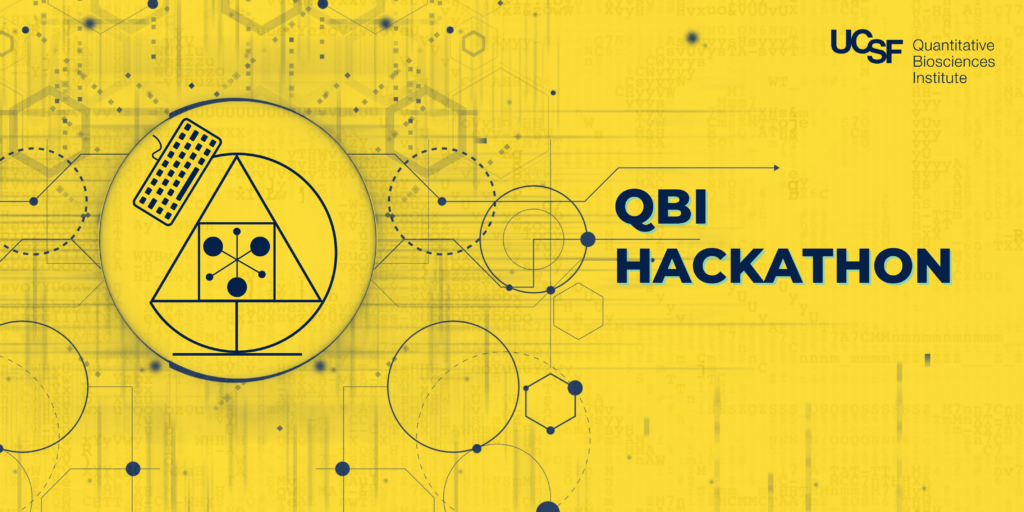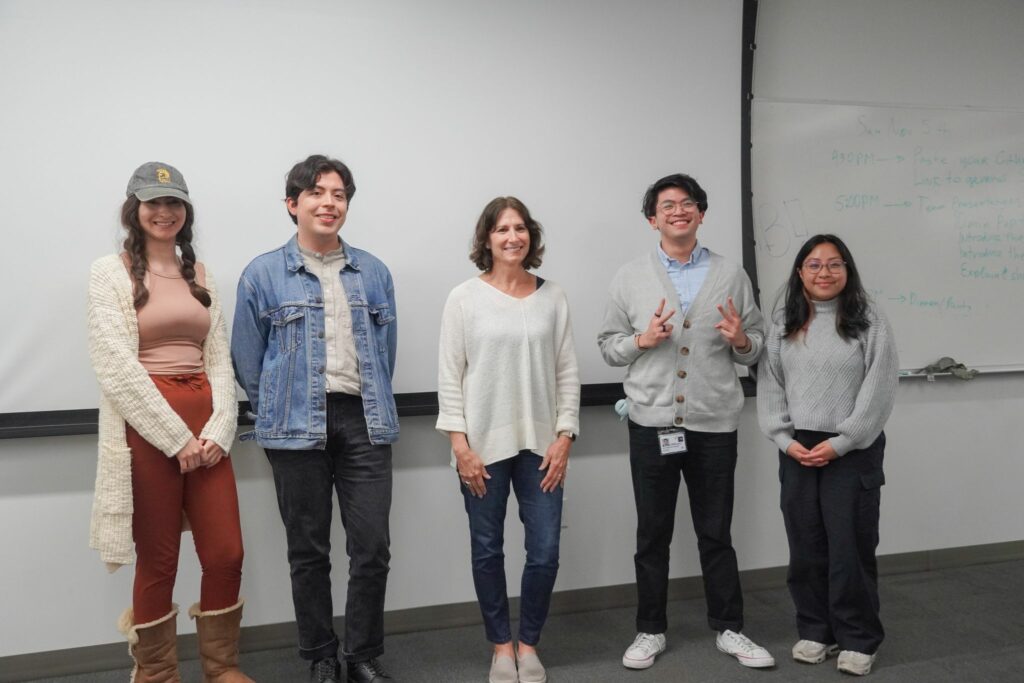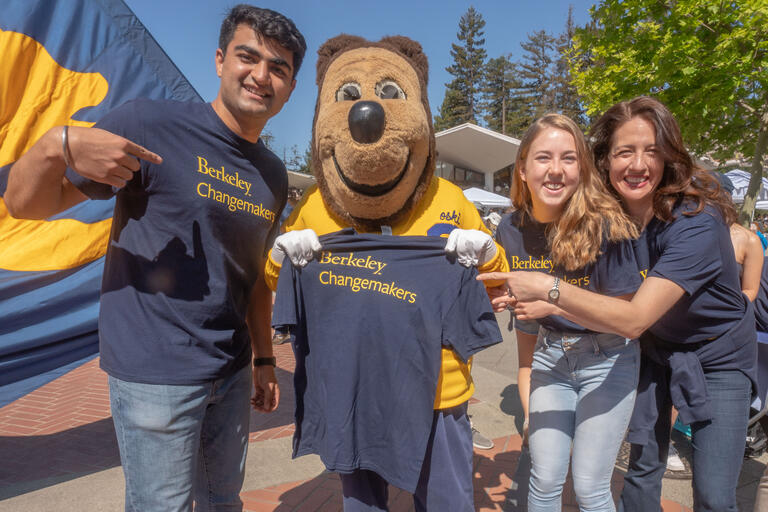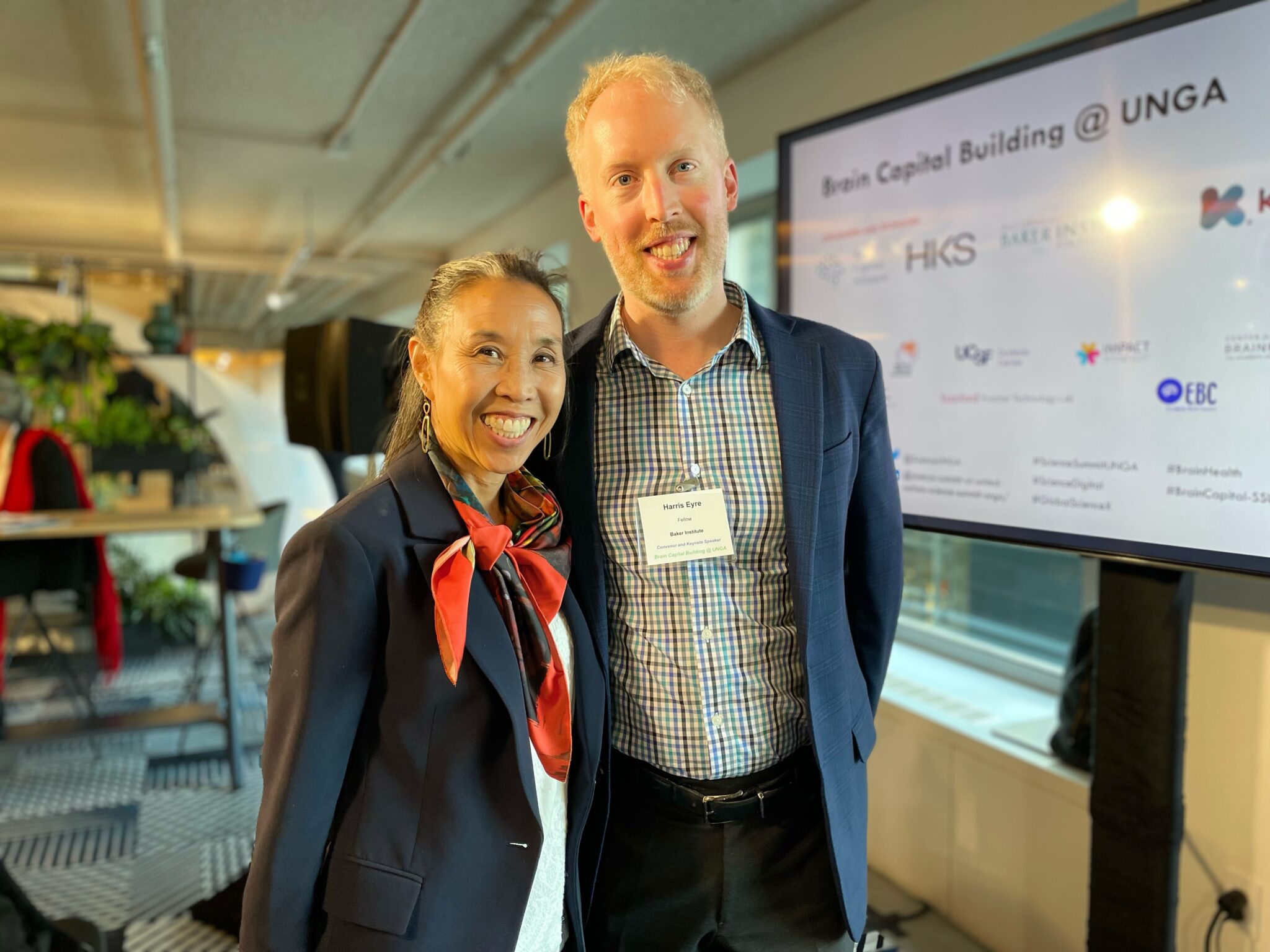PROPEL Wins Neurotech Collider Lab Award at QBI Hackathon
By: Niki Borghei

In the span of 48 hours, life scientists, computer scientists and industry experts united at the QBI Hackathon at UCSF to create groundbreaking solutions that cross the boundaries of what is achievable in a single discipline. Among this group were Carlos Gomez, John Suntay, Faye Orcales, Nathan Ho, and Giselle Martinez from team PROPEL, who were awarded the Neurotech Collider Lab Award for their contribution to tackling glioblastoma, an aggressive brain cancer.
“My team and I come from diverse scientific disciplines. We came together at the QBI hackathon to tackle a concerning health issue using machine learning,” says Carlos, a Junior Specialist at UCSF with a background in microbiology.
Their project aims to create a machine learning model using a VGG16 neural network and an artificial neural network. The goal is to determine whether or not a patient should receive radiation therapy based on the model’s prediction. Using MRI data, genetic information, and clinical data from the Burdenko Glioblastoma Progression dataset, they plan to analyze transcriptomic data for gene expression to validate disease progression and enhance the model’s accuracy. For future glioblastoma patients, that means improved diagnoses and treatment plans, and hopefully, a higher rate of recovery.

The QBI Hackathon provided a platform for bridging the gap between technology and medicine, enabling the PROPEL team to learn how to use machine learning, clinical data, and genomic information to predict glioblastoma. The backdrop of the hackathon set the stage for PROPEL to make a significant impact by harnessing the power of tech in the field of brain cancer diagnosis. exemplifying the potency of interdisciplinary collaboration in solving complex biomedical challenges. The team’s project not only showcased the success of machine learning in cancer treatment recommendations, but also laid the foundation for a continued partnership between developers and scientists.
“This was the first hackathon for all of our team members,” says Faye, “and we had a great time learning and problem-solving together.”
To learn more about the QBI Hackathon or to view additional event photos, please visit their website.

